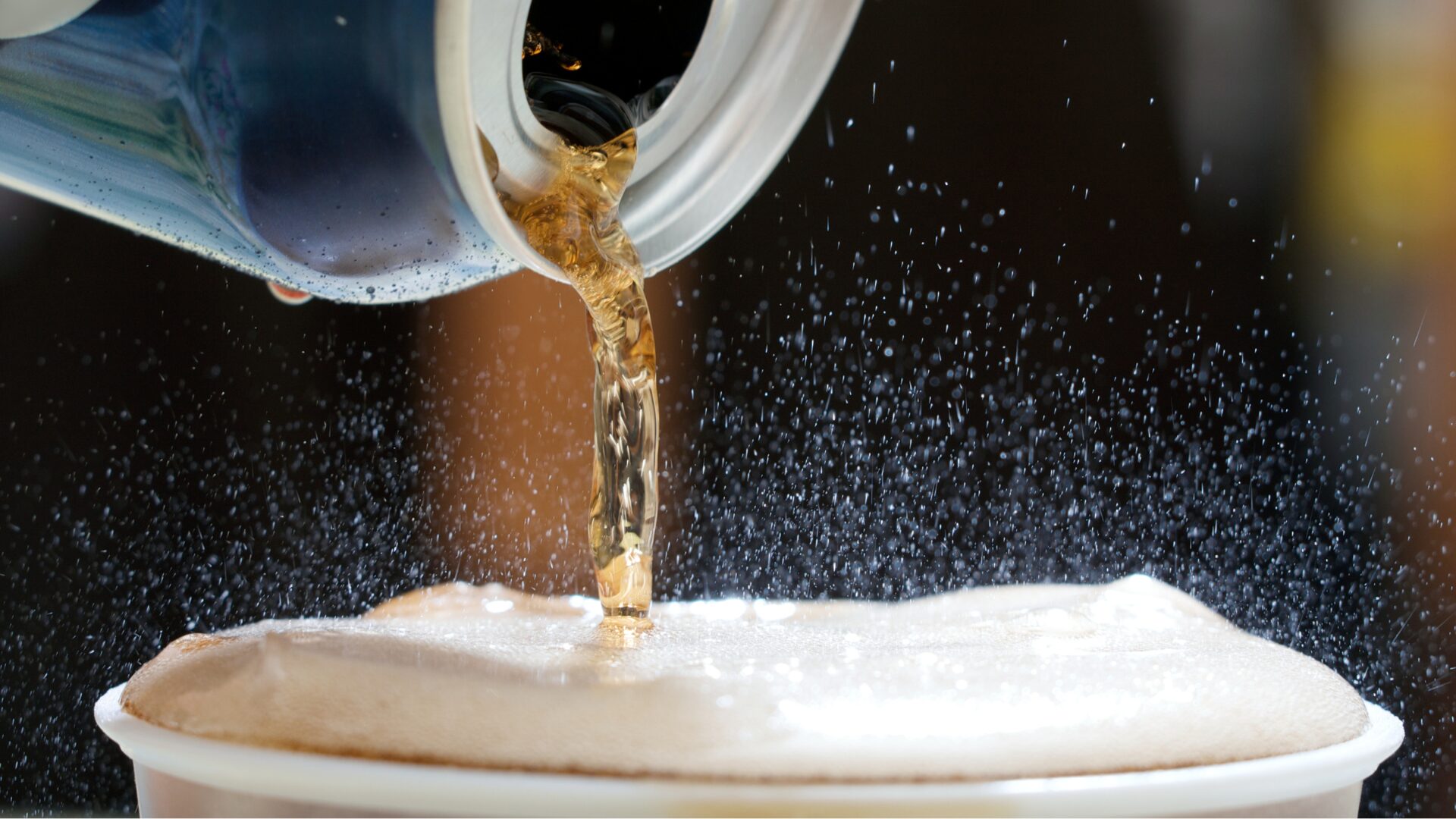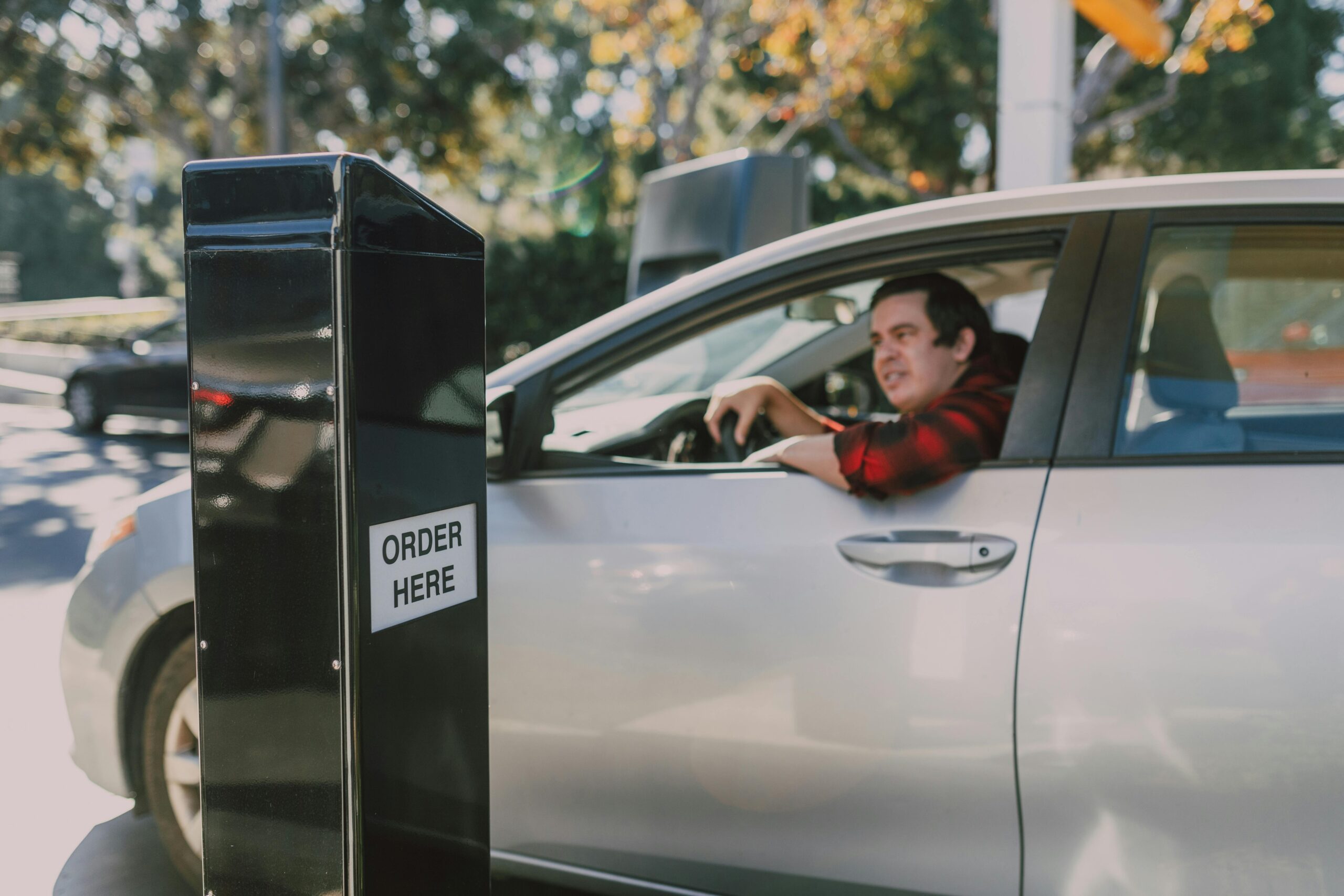Several major food companies recently reported earnings, beating analyst expectations.
Chipotle
Quarterly same-store sales growth was more than 8% at Chipotle Mexican Grill, with digital sales more than tripling, reported CNBC (Oct. 21).
However, a shift to delivery is boosting costs and resulting in fewer drink purchases, which dragged down its net income. Shares of the company fell 4% in after-hours trading.
Third-quarter net income was $80.2 million, down from $98.6 million a year earlier. Higher volume of delivery and steak orders and more expensive beef increased costs, which were partially offset by menu price increases, less salsa usage, and lower avocado prices.
Net sales rose 14.1% to $1.6 billion—beating expectations of $1.59 billion—while same-store sales went up 8.3% in the quarter, hitting its peak in August. In September, the company experienced higher same-store sales growth due to the launch of its Carne Asada option.
For the second quarter in a row, digital sales more than tripled. Digital sales could exceed $2.5 billion this year, according to CEO Brian Niccol, as online orders accounted for nearly half of all sales. About half of those who ordered digitally also chose to have their orders delivered. Delivery service revenue made up 1.3% of its net sales.
Coca-Cola
Third-quarter revenue fell 9% for Coca-Cola as the pandemic weighed on demand for fountain soft drinks, Powerade, and Dasani, reported CNBC (Oct. 22).
Coke’s net income was $1.7 billion, down from $2.6 billion a year earlier. However, the company topped earnings estimates, sending shares up nearly 2% in premarket trading.
All four of Coke’s drink categories reported declines in unit case volume. Sparkling soft drinks was the least affected, with its volume falling only 1%. Juice, dairy, and plant-based drinks saw volumes shrink by 6%—hurt by pressure in Asia Pacific and Latin America. Unit case volume of water, enhanced water, and sports drinks fell by 11%.
Tea and coffee took the hardest hit with demand dropping 15%, mostly due to the company’s Costa cafes. Costa cafe traffic is unlikely to recover in the near term, according to CEO James Quincey.
Quincey noted that Coke’s away-from-home business is still larger than rival Pepsi’s.
“We have been winning share in at-home channels, and that’s going to set us up for emerging stronger and being in a stronger position, even though mechanically in the short term, we lose share,” he said. Quincey added that the company is prepared for “setbacks” from more restrictive pandemic measures.
Unilever
Unilever reported third-quarter underlying sales growth of 4.4%, up from 2.9% a year earlier and well above analyst estimates for 1.3% growth, reported The Wall Street Journal (Oct. 22). Total reported sales fell to $15.3 billion.
According to Unilever, American shoppers are still stocking up on its condiments such as Hellmann’s mayonnaise and its Sir Kensington’s line, as well as ice cream brands like Talenti. Key emerging markets are also bouncing back, led by Brazil, where government subsidies energized consumer spending.
Additionally, while the U.S. is still dealing with rising COVID outbreaks, sales of cleaners were also particularly strong.
“The U.S. drivers were around hygiene, in particular hand sanitizer,” said CFO Graeme Pitkethly, also adding that the company was “seeing very, very strong growth in the foods portfolio. This is all about in-home consumption.”
In China, growth accelerated by double digits as restaurants and cafes reopened, boosting out-of-home sales.











